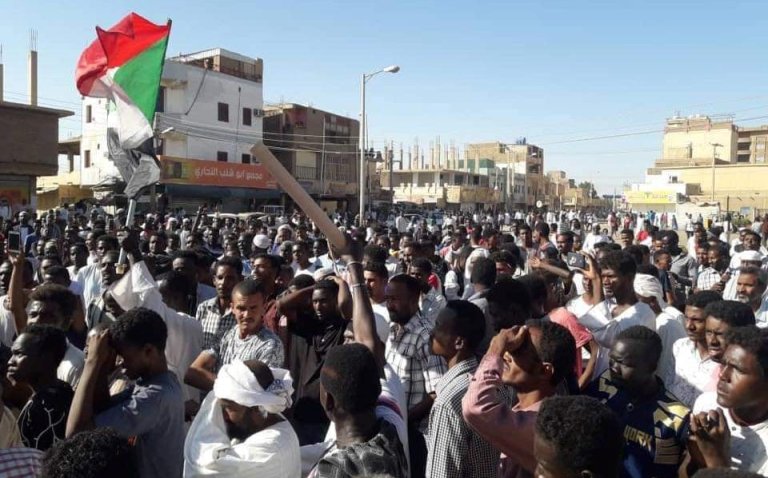Sudan’s unrest might destabilize peace in South Sudan: report

December 29, 2018 (JUBA) – The Foreign Policy magazine Saturday said the ongoing unrest in Sudan might affect implementation of the revitalized peace agreement and destabilize South Sudan.
Sudanese President Omer al-Bashir who has been facing since the 19th December nationwide protests calling to overthrow his regime played a cardinal role to strike a peace agreement ending five years of civil war in South Sudan three months ago.
However, the peace agreement of 12 September 2018 is seen as a “work in progress” because it delays the settlement of major issues for the pre-transitional and the transitional period including the security arrangements and the federal system.
Also, it is admitted that Khartoum and Kampala were the main actors of the agreement as they conjugated their efforts to put pressure on President Salva Kiir and his main rival Riek Machar to make the needed concessions.
Based on this analysis, the American magazine said the ongoing popular unrest in Sudan could be a serious challenge to the peace process in South Sudan where clashes continue to occur with holdout rebels, besides continued divisions among the peace partners.
“The protests’ endgame is unclear. But a prolonged crisis in its northern neighbour could be hugely destabilizing for South Sudan,” said the weekly in an article about ten conflicts in the world to watch including South Sudan.
Sudan which is facing a deep economic crisis and in dire need for the transit fees is working closely with Juba to resume increase oil production and repair the damaged wells.
Also, it hosts the opposition leaders who are supposed to return to Juba next May and continues to follow closely the implementation process and to encourage the work of the implementation committee.
The Sudanese opposition groups welcomed the peace agreement in South Sudan and certainly they would back its implementation. However, the continuation of the protests or the anti-government protests into a full-scale civil war will certainly stop these efforts.
The Foreign Policy said that the lack of the U.S. support for the peace process in South Sudan is understandable because Washington does not want to fund the implementation of a peace deal that has collapsed in the past.
“But if this deal fails, it is not clear what would replace it, and the country could collapse into major bloodshed again,” warned the article.
The influential magazine further called on Washington to support “third-party shuttle diplomacy among regional” leaders and to back an envoy to keep the latter focusing on the full implementation of the revitalized peace pact.
“Without that, the fragile opportunity for peace that currently exists could evaporate”.
The head of UN peacekeeping department, earlier this month, told the Security Council about the delay in the implementation in security arrangements saying it affects the whole peace enforcement process.
“This is necessary to build confidence among the parties and ensure the return and permanent presence of all the opposition in Juba” by the end of May before the end of the pre-transitional period in May 2019.
(ST)
